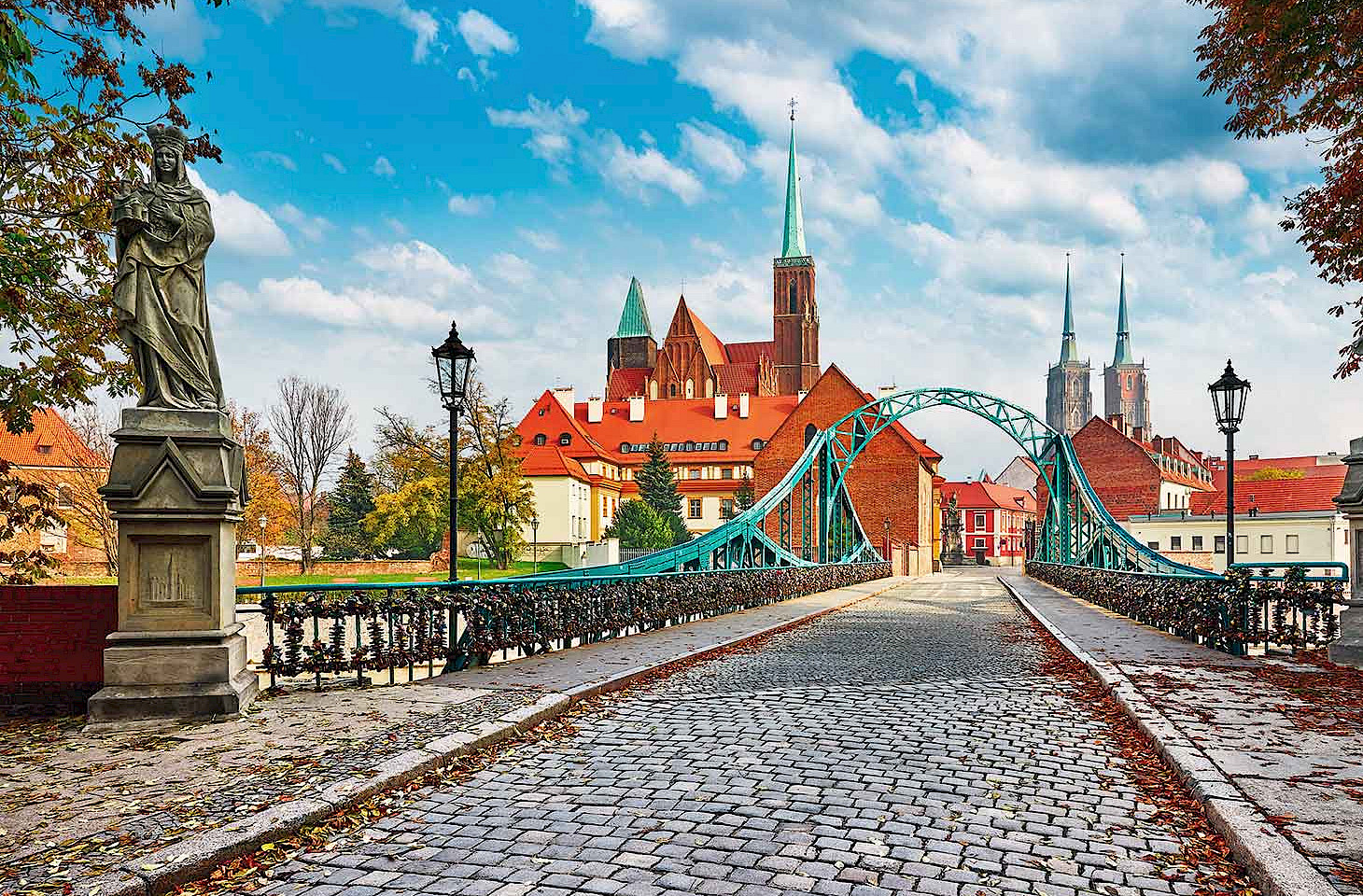Dear fellow travellers
The Magi set a trend by travelling in the dying wick of the year. This is the season when most folk just want to hunker down by the fire with friends and family. But it is actually a very fine time for exploring. There are fewer people out and about. Desolate streets, frosty fields and snow-muffled lanes give a new edge to the landscape. The time of gifts has come. So we, like so many travel writers, are preparing to take to the road - as we do every year on St Stephen's Day.
One of the finest travel memoirs of the last century is Patrick Leigh Fermor's account of his journey on foot from Hook of Holland to the Marches of Hungary in the winter of 1933. This was a journey framed by the seasons - and the observational detail in the wintry scenes described by Leigh-Fermor is all the more remarkable when we remember that he only wrote the book four decades later. A Time of Gifts was published in 1977.
Leigh Fermor trudged through melancholic lowlands to reach Westphalia in time for the last Advent markets before the Nativity. Of Cologne, where he arrived five days before Christmas, Leigh Fermor wrote (without any hint of irony): "The lights gave the town an authentic Christmas card feeling. It was the real thing at last!" This was prose written in the days before the word authentic had been appropriated by PR agencies and marketing folk.
Leigh Fermor visited the shrine to the Magi - how the Three Kings washed up in the Rhineland, way off track from their home beat, is a contested tale. But they have done no end of good for Cologne's reputation and the shrine to the Magi is one of the 'authentic' Cologne 'must-sees' in the promotional parlance of today. After ticking off the Magi shrine and getting drunk, Leigh Fermor then made tracks for central Germany, wandering slowly up the Rhine amid a soundscape that swept from Christmas carols to the Nazi's Horst Wessel Lied. By Christmas Eve, he was in Bingen where he spent a quiet night at an inn. The landlord and his family were good-spirited souls, and made their lone guest very welcome. On Christmas morning, the young Englishman was flattered to receive "a tangerine and a packet of cigarettes wrapped beautifully in tinsel and silver paper."
That Christmas Day for Leigh Fermor captured the benefits of travel in this time of gifts. On Christmas morning, he took a ferry over to Rüdesheim for a reviving glass of hock. Then he walked east through snow ("deep and crisp and even" of course), arriving at a small riverside village just in time to be invited to lunch by complete strangers. People still have a knack of being kind to travellers at this time of year.
Glasses filled, glasses emptied, glasses spilled... the rest of the Patrick Leigh Fermor's day was just a blur. We hope your Christmas Day is a little more sober. Wherever and however you are spending Christmas, make it a time of gifts. And if you find yourself at the loose end over the days ahead, dig out a copy of Patrick Leigh Fermor's A Time of Gifts. It is an entertaining read for the dog days of the year. You can follow the author's long walk through a country that was slipping slowly, inexorably towards hate and totalitarianism - yet still made time in those dark winter days to sing O Du Fröhliche.
Nicky Gardner and Susanne Kries
(editors, hidden europe magazine)




